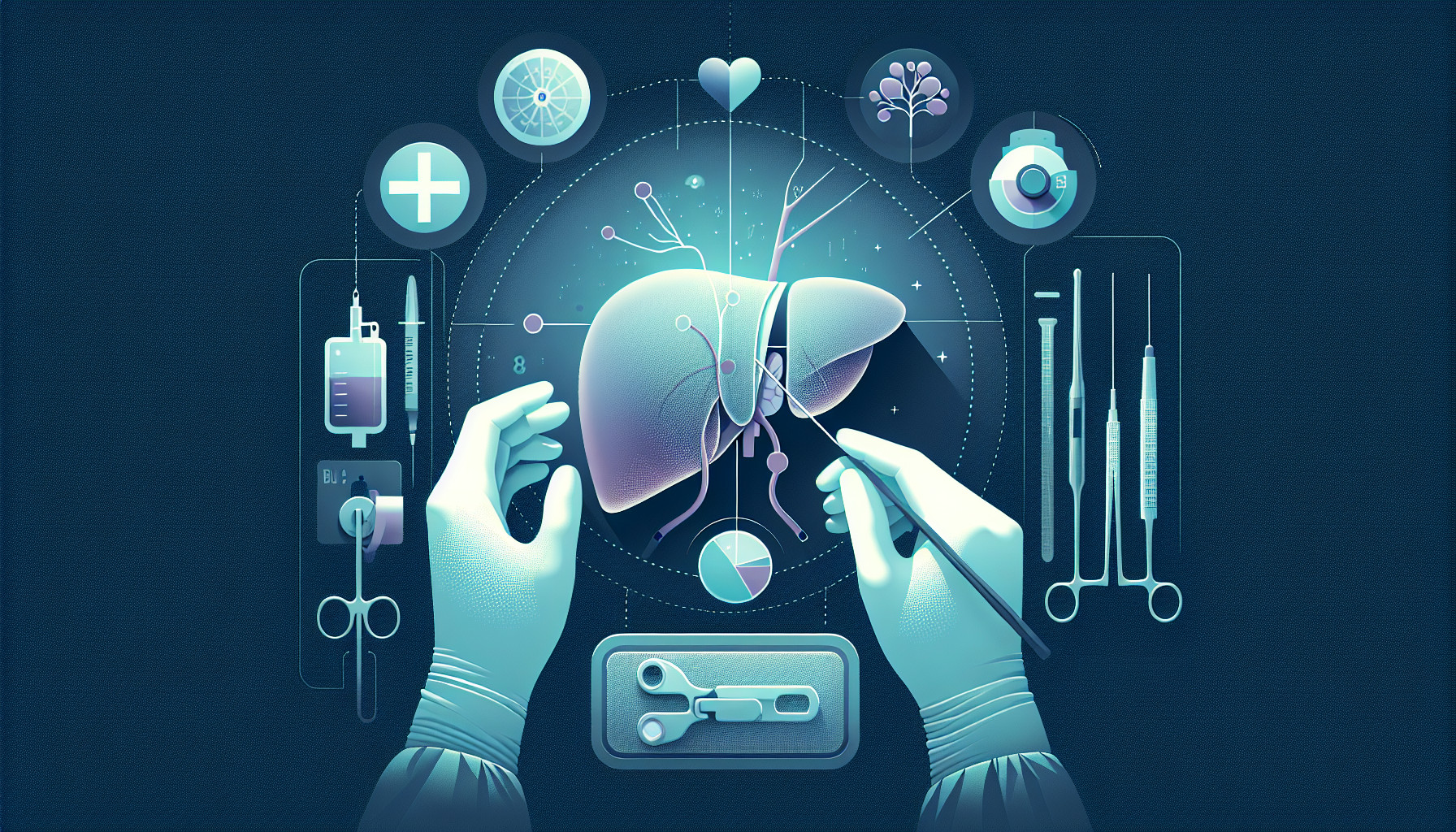Our Summary
This study focused on understanding the role of certain medications and conditions, specifically calcineurin inhibitors and insulin resistance-obesity, in the development of prediabetes in children who have undergone liver transplants. Prediabetes is a condition where blood sugar levels are higher than normal, but not high enough to be diagnosed as type 2 diabetes.
The study involved 81 children who had received liver transplants. The researchers found that 44% of the children had prediabetes, with different types of prediabetes being characterized by different levels of insulin secretion.
The study found that children who had higher levels of calcineurin inhibitors, a type of medication often used after organ transplants, had lower levels of insulin secretion. This suggests that these medications may suppress insulin secretion in a dose-dependent manner.
However, the study also found that being overweight or obese and being in adolescence could also affect insulin secretion levels.
The researchers concluded that prediabetes in children following liver transplants was mainly due to inadequate insulin secretion, which may not be detectable with the tests currently recommended by guidelines. They also suggested that further studies should be conducted to see if reducing the dosage of calcineurin inhibitors could reverse prediabetes.
FAQs
- What is the connection between calcineurin inhibitors and insulin secretion in children who have undergone liver transplants?
- How does being overweight or in adolescence potentially affect insulin secretion levels in children who have had liver transplants?
- Could reducing the dosage of calcineurin inhibitors potentially reverse prediabetes in children who have undergone liver transplants?
Doctor’s Tip
A helpful tip a doctor might offer to a patient about pediatric liver transplant is to closely monitor blood sugar levels and maintain a healthy weight through diet and exercise. It is also important to follow the medication regimen prescribed by the doctor and communicate any concerns or changes in health status promptly. Regular follow-up appointments with healthcare providers are essential to monitor for any potential complications and adjust treatment as needed.
Suitable For
Patients who are typically recommended pediatric liver transplant are those who have end-stage liver disease or liver failure, often due to conditions such as biliary atresia, metabolic disorders, or liver tumors. These patients may have symptoms such as jaundice, ascites, or liver dysfunction, and may not respond well to other treatments such as medications or dietary changes.
In the case of the study mentioned above, pediatric liver transplant patients who have undergone the procedure and are at risk for developing prediabetes may be recommended for further monitoring and potential treatment to prevent the progression to type 2 diabetes. These patients may have risk factors such as being overweight or obese, taking certain medications like calcineurin inhibitors, or being in adolescence, which can all contribute to insulin resistance and impaired insulin secretion.
Overall, pediatric liver transplant patients who are at risk for developing prediabetes should be closely monitored by healthcare providers and may benefit from lifestyle interventions, medication adjustments, or other treatments to help manage their blood sugar levels and prevent the development of diabetes.
Timeline
Before pediatric liver transplant:
- Patient is diagnosed with liver disease
- Patient undergoes evaluation for liver transplant candidacy
- Patient is placed on waiting list for a liver transplant
- Patient may experience symptoms related to their liver disease, such as fatigue, jaundice, and abdominal pain
After pediatric liver transplant:
- Patient undergoes surgery to receive a new liver
- Patient is monitored closely for signs of rejection and complications
- Patient is placed on immunosuppressant medications, such as calcineurin inhibitors, to prevent rejection
- Patient may develop insulin resistance and obesity due to the medications and underlying liver disease
- Patient may be at risk for developing prediabetes
- Patient undergoes regular monitoring of blood sugar levels and insulin secretion
- Patient may need to make lifestyle changes, such as diet and exercise, to manage prediabetes
- Patient may require additional medical interventions, such as adjusting medication dosages, to manage prediabetes.
What to Ask Your Doctor
- What are the potential risks and complications associated with pediatric liver transplant surgery?
- How long is the recovery process after a pediatric liver transplant?
- What medications will my child need to take post-transplant, and what are the potential side effects?
- How often will my child need to undergo follow-up appointments and monitoring after the liver transplant?
- What lifestyle changes, such as diet and exercise, will be recommended for my child post-transplant?
- How will the transplant impact my child’s growth and development?
- What signs and symptoms should I watch for that may indicate a complication or rejection of the transplanted liver?
- Are there any specific factors, such as certain medications or conditions, that may increase the risk of developing prediabetes post-transplant in children?
- How frequently will my child’s blood sugar levels be monitored post-transplant?
- What steps can be taken to manage or prevent prediabetes in children who have undergone liver transplants?
Reference
Authors: Perito ER, Lustig RH, Rosenthal P. Journal: J Pediatr. 2017 Mar;182:223-231.e3. doi: 10.1016/j.jpeds.2016.11.070. Epub 2016 Dec 29. PMID: 28041666
